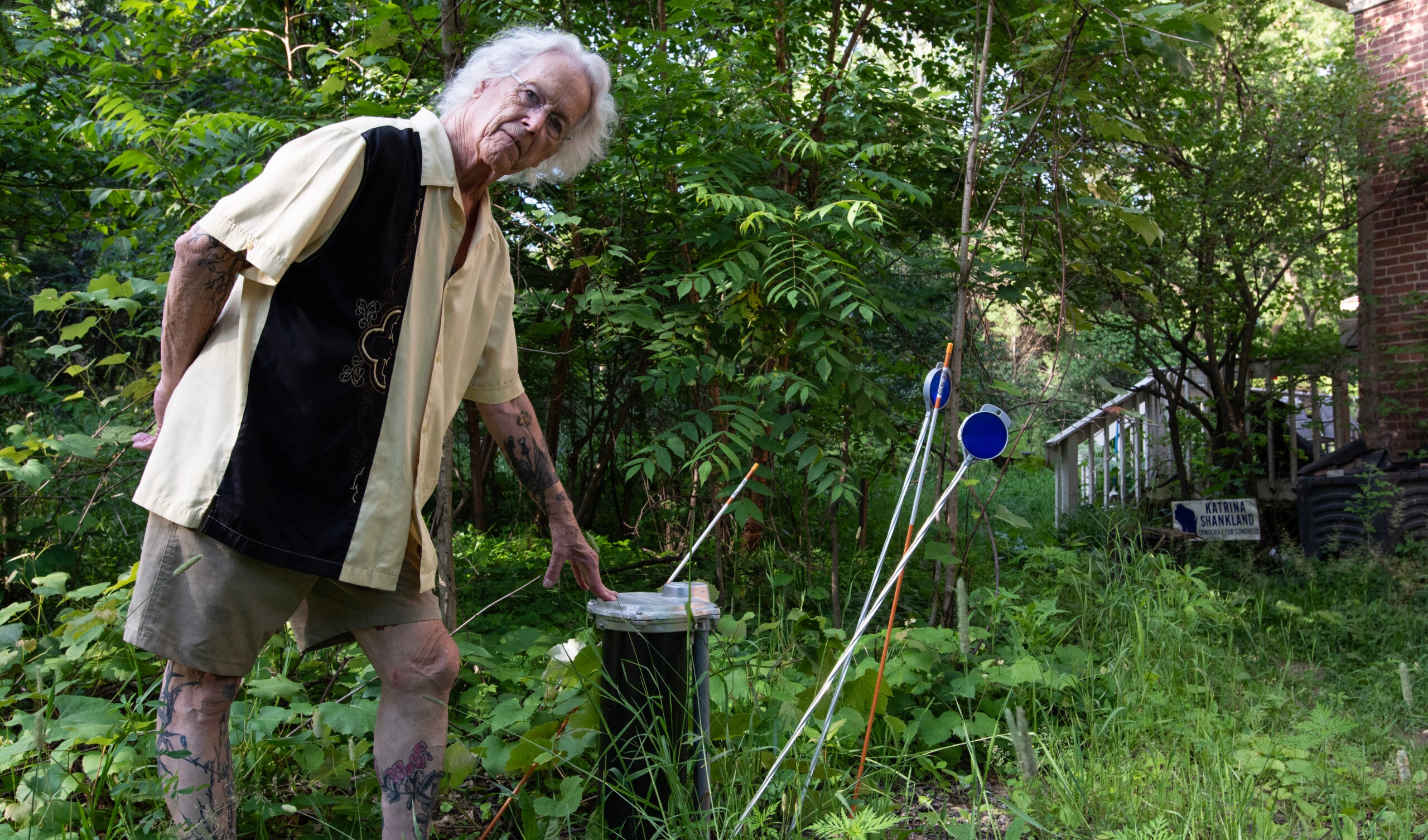Ensuring well users in rural Wisconsin have clean drinking water will require changes in how farmers spray and store fertilizer.
That was one of the messages from scientists who testified in Stevens Point before the Assembly’s Water Quality Task Force. The Wednesday hearing was one of a series of meetings of the bipartisan task force, which was convened in January in response to reports of contaminated wells across southwestern Wisconsin.
At the hearing, U.S. Department of Agriculture scientist Mark Borchardt shared research into contamination in Kewaunee County. He said it found the depth of wells had no apparent effect on whether or not water was contaminated. What appeared in the research to be directly connected, however, was proximity to croplands.
News with a little more humanity
WPR’s “Wisconsin Today” newsletter keeps you connected to the state you love without feeling overwhelmed. No paywall. No agenda. No corporate filter.
Borchardt told lawmakers the nitrates from agricultural runoff are a serious health risk.
“You read the recent literature around impacts on adults, the latest studies,” Borchardt said, “and it’s darn frightening.”
In an exchange with Borchardt, Rep. Travis Tranel, R-Cuba City, faulted the federal government for policies that effectively encourage practices that increase runoff.
“The USDA is encouraging farmers to not have pasture, not grow alfalfa, by subsidizing and encouraging the growth of row crops,” said Tranel, who is a dairy farmer. “And then we go around the state and people come to us as state legislators and say, ‘Let’s spend a whole bunch of money to try to fix what the federal government is making worse.’”
Still, one message from multiple people who testified was that protecting Wisconsin’s groundwater from contamination could require uncomfortable changes to farming practices.
George Kraft, an emeritus professor of water resources with the University of Wisconsin-Stevens Point, said one problem is that the costs of pollution are externalized.
“It’s people with wells. It’s the waterways that become high in nitrate. It’s the dead zone in the Gulf of Mexico. And that’s disconnected from where the nitrate pollution is being applied,” Kraft said.
In central Wisconsin, debates around water issues often revolve around agricultural use. Part of Portage County, where agriculture’s contribution to the economy has been estimated at $1.1 billion, is in what is called the Central Sands region, where potatoes are a major crop. Potatoes require large amounts of water to grow.
Kraft said the use of high-capacity wells had increased from 97 in the Central Sands region in 1960 to about 2,500 now. The Central Sands region comprises parts of Portage, Adams, Waushara and Marquette counties.
The task force was convened after a survey, released in January, sampled 301 private wells in Iowa, Grant and Lafayette counties and found 42 percent exceeded federal standards for bacteria or nitrate, a compound linked to health problems
Wisconsin Public Radio, © Copyright 2025, Board of Regents of the University of Wisconsin System and Wisconsin Educational Communications Board.






